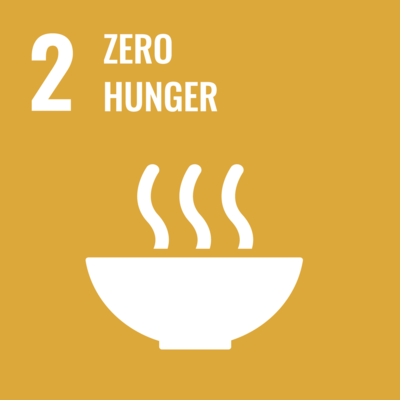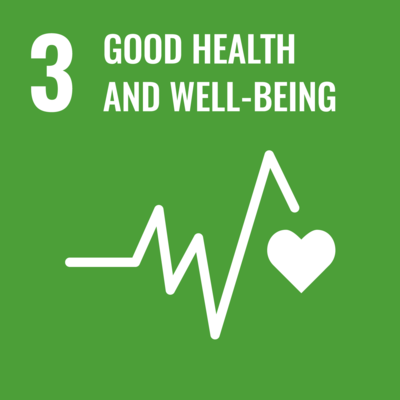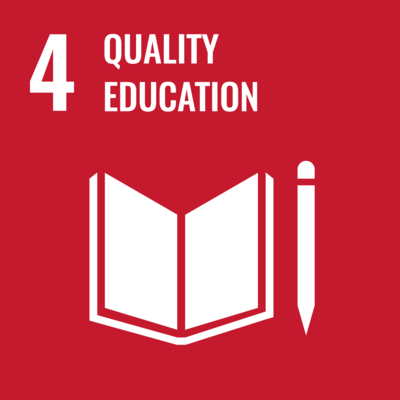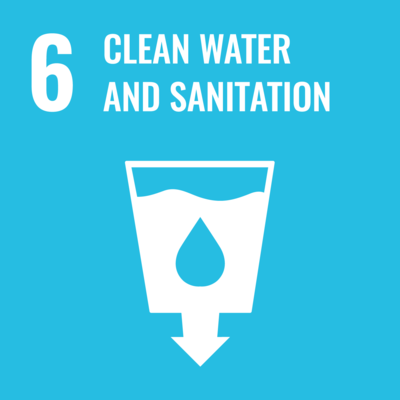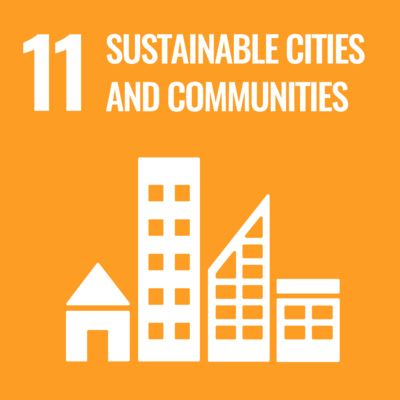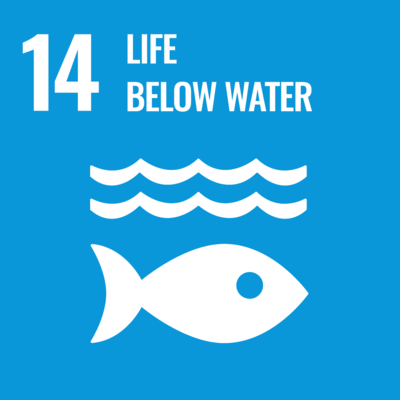SDG 2.3.1 Student food insecurity and hunger
Adhering to the three-tier management system for campus food safety and hygiene, NCUE cooperates with the Ministry of Education to conduct on-site guidance every academic year. NCUE has also set up a Meal Management Committee to coordinate work across units. Nurses appointed to serve as hygiene supervisors inspect the catering places every week, checking the campuses’ food safety for teachers and students. NCUE places significant importance on campus food safety and strives to support students' well-being by reducing hunger-related concerns. This commitment is upheld by continuously improving food safety and risk management measures in its school cafeterias. NCUE has established a satisfaction survey system to promptly address any food-related inquiries from faculty members and students. NCUE has also maintained an outstanding food safety track record, with zero incident of food poisoning to date. (Table 1)
Table 1. Food Safety Record
|
Year |
Number |
Incidents of Food Poisoning |
|
2020 |
32 |
0 |
|
2021 |
26 |
0 |
|
2022 |
34 |
0 |
|
2023 |
52 |
0 |
|
2024 |
68 |
0 |
1. Food safety management measures for school cafeterias (Annex 2.3.1A: NCUE School Cafeteria Meal Management Regulations):
(1) NCUE has school cafeterias at both the Jinde and Baoshan campuses. The cafeterias' ingredients are all registered on the Ministry of Education's Campus Food Ingredient Registration Platform in accordance with the Ministry's regulations, and the cafeterias use local seasonal ingredients to provide teachers and students with safe, hygienic, delicious, and diverse dining options (Figure 1).
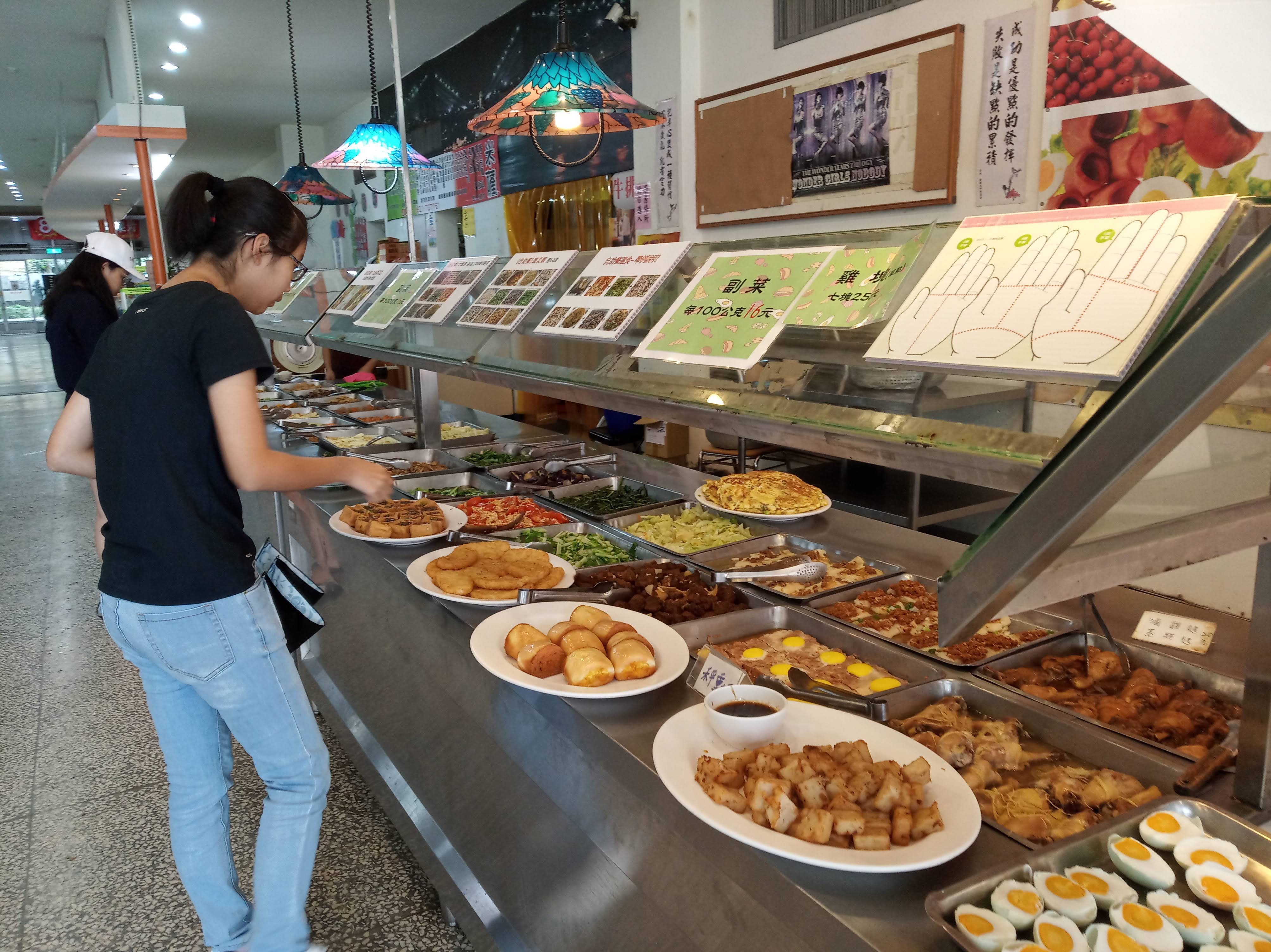
Figure 1: Diversity of Food Options Provided at School Cafeterias of NCUE
(2) Zero Food Safety Incident: To ensure the safety of the food consumed by the teachers and students, NCUE has gradually implemented food safety education and management measures since 2014. The relevant measures are as follows:
(a) Education and training for the catering staff: NCUE provides the latest health and safety regulations and food safety information, and requires thorough and reliable execution.
(b) Establishment of food safety SOP forms and various checklists to make all sanitation procedures controllable and manageable. When food safety issues happen, key problem points can be immediately identified for prompt review and resolution.
(c) Campus Food Ingredient Registration: NCUE controls food safety from the source of ingredients, inspects ingredients one by one, manages ingredient source control effectively, and uploads ingredient source data to the Ministry of Education's Campus Food Ingredient Registration Platform.
(d) Through internal and external third-party supervision units, NCUE receives assistance in supervising and enhancing the food safety and hygiene of school cafeterias.
i. Nurses visit the school cafeterias every week to conduct on-site hygiene inspections.
ii. The Changhua County Public Health Bureau assists in implementing food safety and hygiene inspections of school cafeterias every semester.
iii. NCUE accepts annual inspections conducted by the Ministry of Education in collaboration with agricultural and health authorities, who conduct random checks on the management and maintenance of school food safety and hygiene to safeguard school food safety and hygiene and enhance quality.
Annex 2.3.1A: The NCUE School Cafeteria Meal Management Measures.
2. NCUE has adopted the following specific measures to enhance safe and healthy eating for teachers and students:
(1) Taking into consideration the health of teachers and students and Taiwan's dietary cultural context, NCUE's cafeterias menu incorporate healthy plant-based and vegetarian options into meal choices, and feature vegetable and fruit bar stations that provide diverse dietary content to promote balanced nutrition for teachers and students.
(2) To promote safe and healthy eating among teachers and students, NCUE integrates healthy diet knowledge into the dining environment: suggestions for healthy dietary combinations are posted on the pick-up counters; nutrition and health information is conveyed through posters and TV screens throughout the cafeterias; nutritionist-guided healthy eating activities are also organized, and fun activities such as "Vegetable and Fruits battles" at school fairs are held to convey various dietary health knowledge (Figure 2).
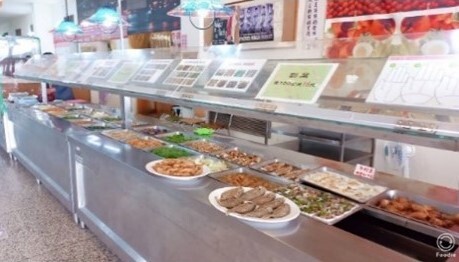
Figure 2: Suggestions for Healthy Dietary Combinations are posted on the pick-up counters to enhance teachers' and students' knowledge regarding healthy eating.


